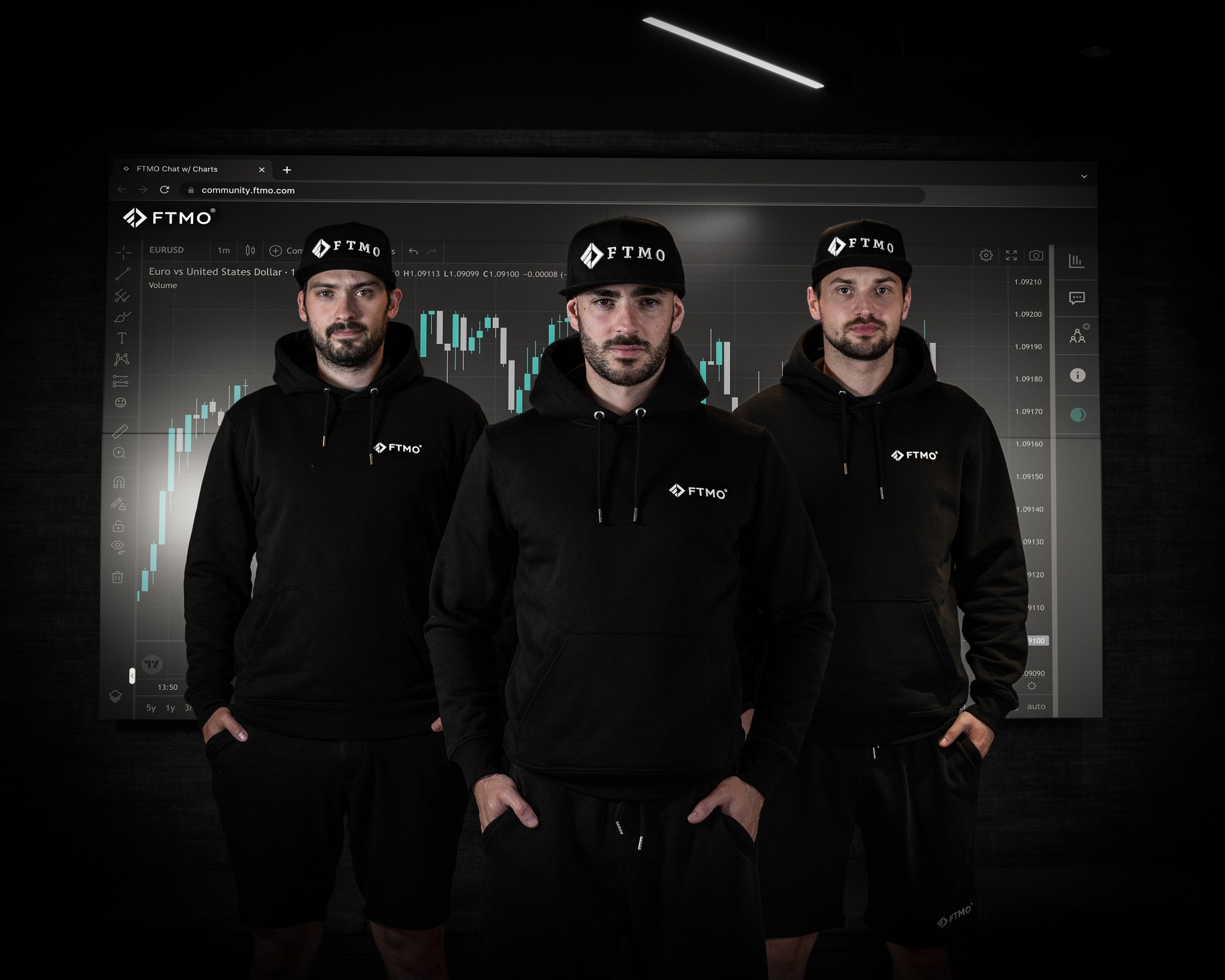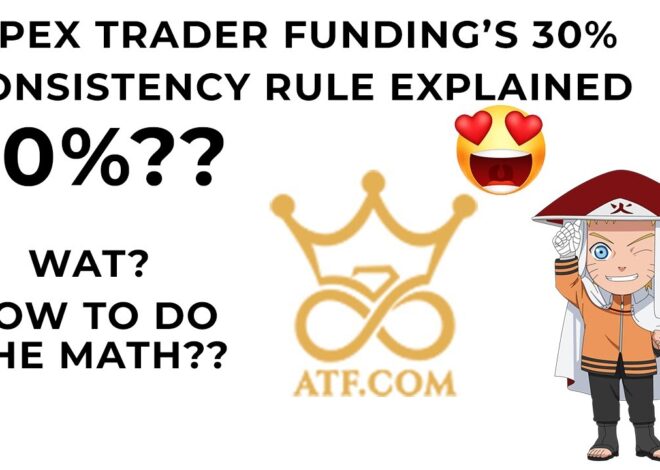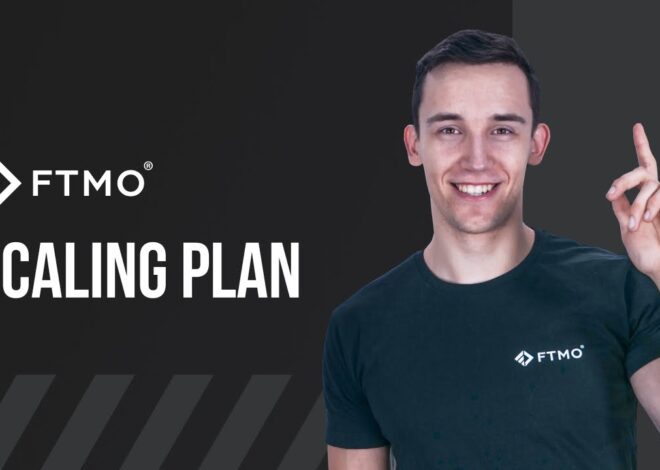
Comparison of FTMO and Search Trader
If you’re a trader looking to join a funded trading program, you’ve probably heard of FTMO and Search Trader. Both are independently owned by renowned marketing firms, but which one is right for you? In this article, I will break down the key features, business rules, and environments of these two companies to help you make an informed decision.
What about prop firms?
Prop firms or proprietary trading entities allow traders to trade the firm’s capital. The idea is simple: If you are confident about your business skills, you can choose a test program from the company, prove your competence by passing the test and earn money. These companies take percentage of the profits, but the traders profit from the highly capitalized trades with significantly larger capital.
Introduction to FTMO
FTMO was founded in 2015 and is based in Prague, Czech Republic. The company offers amounts ranging from $10,000 to $200,000. FTMO is known for its robust two-phase review process which includes a challenge phase and an authentication phase.
Introduction to Search Trader
Search Trader is based in Naples, Florida, and is part of the Velo Holding Group. The company operates in the US. under finance law and offers amounts ranging from $25,000 to $1 million. Search Trader stands out on its simple one-step audition process.
Table of Contents
Trading Rules Comparison
FTMO Trading Rules
The FTMO requires traders to adopt a two-stage review process. The challenge phase requires exceeding a maximum daily loss of 5% or a maximum loss of 10% within 4 days minimum and no maximum to achieve a profit target of 10%.
Search Trader Trading Rules
The search trader’s audition phase requires a profit target of 10% without a maximum daily loss of 5% or a maximum trading margin of 6%. There is no minimum or maximum requirement for trading day.
Evaluation Processes
FTMO’s Two-Phase Evaluation
FTMO’s process includes:
- Challenge Phase: 10% profit target in minimum 4 days
- Verification Phase: 5% profit target in minimum 4 days
Search Trader’s One-Phase Audition
Search Trader requires:
- Audition Phase: 10% profit target with no time constraints other than not exceeding the loss limits. Profit Targets and Loss Limits
FTMO’s Targets and Limits
- Challenge Phase: 10% profit target, 5% daily loss limit, 10% maximum loss limit
- Verification Phase: 5% profit target, same loss limits
Search Trader’s Targets and Limits
- Audition Phase: 10% profit target, 5% daily loss limit, 6% maximum loss limit
Account Sizes and Profit Splits
FTMO’s Account Sizes and Profit Splits
FTMO offers accounts between $10,000 and $200,000 with a fixed interest rate of 80%.
Search Trader’s Account Sizes and Profit Splits
Search Trader offers accounts from $25,000 to $1 million with a default 75% profit split, which can be increased to 90% at a higher price.
Search Trader offers add-ons such as a higher profit split, double leverage, and no stop-loss requirements, though some add-ons may not be beneficial for all traders.
Trading Environment Comparison
FTMO’s Trading Environment
The FTMO does not disclose lenders, but dealers report satisfactory conditions without substantial restrictions.
FTMO offers a wide range of equity indices, forex, and commodities, but its options for stocks and cryptocurrencies are limited.
FTMO supports MT4, MT5, and cTrader, with a notable addition to cTrader’s ease of use and advanced tools.
Search Trader’s Trading Environment
Search Trader uses Axi as a broker, providing access to over 150 markets including CFDs, stocks, commodities, indices, FX and cryptocurrencies.
Search Trader allows access to the general market through Axi, with better spreads compared to FTMO.
Search Trader supports MT4 and MT5, both of which are reliable but lack the user-friendly features of cTrader.
Transparency and Regulation
FTMO’s Regulatory Status
FTMO is less transparent with lenders (liquidity providers) but has a good reputation among traders.
Search Trader’s Regulatory Status
Search Trader operates in the US. financial law and uses Axi, which is regulated by ASIC, to ensure greater transparency and certainty.
The final comparison
Here’s how to assemble it:
| Search Trader | FTMO |
| One step to court(One-phase audition) | A two-step evaluation process |
| There is no minimum trading time/date | 10% maximum loss limit |
| Larger account sizes | 10% maximum loss limit |
| Option for 90% profit share | Default 80% profit share |
| Good market availability and extensiveness | Supports cTrader |
Conclusion
Both FTMO and Search Trader are great options for prop traders. FTMO offers a structured search process and high default profitability breakdown, while Search Trader offers a flexible audition process, great accountability, and favorable market conditions Ultimately your choice will depend on your trading style and preferences. Consider trying both to increase your chances.
FAQs
- What is a prop firm?
A prop firm allows traders to use the firm’s capital to do business and share profits. - How does the FTMO’s inspection process work?
FTMO’s program includes a Challenge phase (10% interest) and a Verification phase (5% interest). - What are the trading rules in Search Trader?
Search Trader requires a 10% profit target with no minimum trading days and offers a much larger estimate. - Which firm offers better profit splits?
Search Trader offers profit splits of up to 90%, while FTMO offers 80% splits by default. - What trading systems are supported by FTMO and Search Trader?
FTMO supports MT4, MT5, and cTrader. Search Trader supports both MT4 and MT5.

